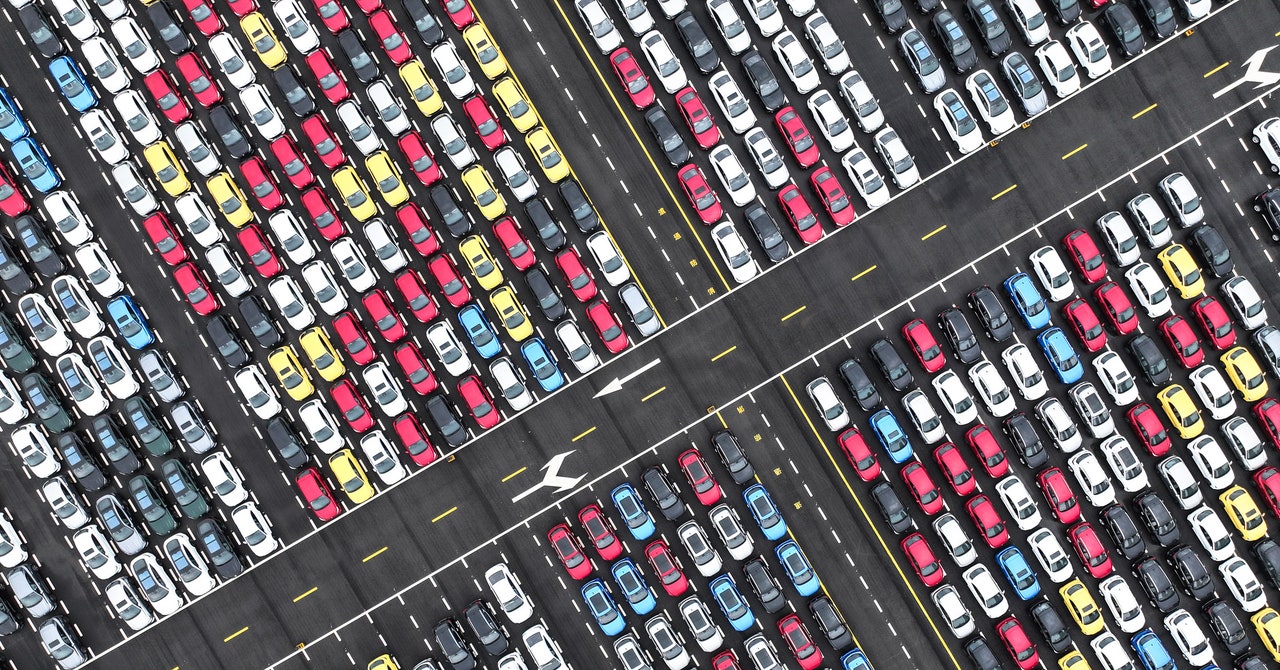If finalized, the new rule would only apply to automotive hardware and software capable of receiving or processing radio frequency communications and software integrated into automated vehicle driving systems, the Commerce Department said. It will not apply to “passive” parts of cars, including fasteners and plastic covers. The rules will begin to take effect in 2027 model year vehicles and will be fully implemented by 2030.
The rule will now move into a public comment period, and the Commerce Department is likely to finalize it before President Joe Biden leaves office in early 2025.
The US auto industry seems to believe the rules are a step in the right direction. In a statement, John Bozella, president and CEO of the trade group Alliance for Automotive Innovation, called the government’s process for developing the proposed rules “thoughtful.” While their lead times will allow some automakers to find new software and hardware suppliers, he said, “the necessary transition, but it may be too short for others.”
Chinese technology and automotive companies – including Huawei, Tencent, Baidu, BYD and Geely – have invested heavily in developing their own software and hardware for self-driving cars. But so far, almost all of these products are used in cars sold in Chinese markets.
The US government has used similar logic to fend off the intrusion of other Chinese technologies into the US. In 2022 it barred the approval of some equipment from Chinese telecommunications firms Huawei and ZTE, also citing national security concerns. This spring, President Joe Biden signed legislation that would force TikTok’s parent company, Chinese firm ByteDance, to abandon the social media app or face a ban. TikTok challenged the law in court.
The U.S. government’s proposed ban on Chinese connected vehicle software is similar, says Mann, the auto analyst. “It’s a TikTok move,” he says.




